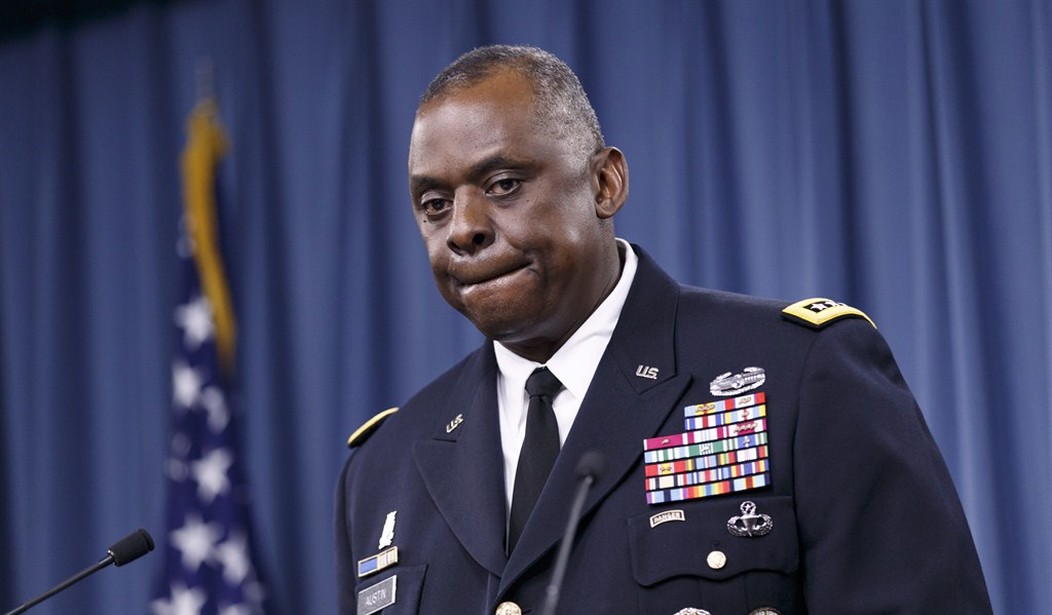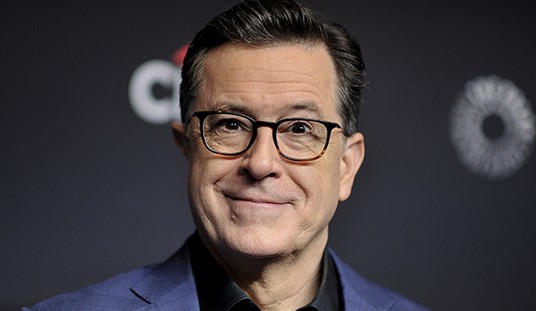U.S. Defense Secretary Lloyd Austin expressed his disappointment over China’s refusal to meet with him during his visit to the region, calling it “unfortunate.” Austin made a stopover in Tokyo on Thursday, as he heads to the annual Shangri-La Dialogue Asian security summit this weekend. The Defense Secretary held talks and a joint press conference with Japanese Defense Minister Yasukazu Hamada. Austin expressed concerns about military tensions in the region, including China’s assertive actions in international airspace and waterways.
Austin said:
And as we take a look at some of the things that China is doing in the international airspace in the region and international waterways, you know, the provocative intercepts of our aircraft and also our allies’ aircraft, that’s very concerning, and we would hope that they would alter their actions. But since they haven’t yet, I’m concerned about, at some point, having an incident that could very, very quickly spiral out of control.
On Tuesday, the United States military reported that a Chinese fighter jet flew aggressively close to a U.S. reconnaissance aircraft over the South China Sea. U.S. Indo-Pacific Command said in a statement that the Chinese J-16 fighter jet “flew directly in front of the nose of the RC-135, and called the maneuver, “unnecessarily aggressive.”
In Tokyo, Austin said:
I’m concerned about at some point having an incident that could very, very quickly spiral out of control. I would welcome any opportunity to engage with leadership. I think defense departments should be talking to each other on a routine basis or should have open channels for communication.
While Beijing has refused U.S. talks at the defense summit, Japan’s Hamada is expected to attend and meet with the Chinese Minister of National Defense Li Shangfu at this weekend’s summit. In an effort to enhance communication and prevent unintended incidents in the volatile region, Japan and China established a defense hotline in March. This milestone led to the recent inaugural telephone conversation between Japanese Defense Minister Hamada and his Chinese counterpart, Li.
However, Washington and Beijing officials have not established a comparable hotline. In February, after the U.S. downed a Chinese espionage balloon that had passed over sensitive military sites, Austin attempted to reach out to the Chinese crisis line, but nobody picked up his call. Chinese Defense Minister Wei Fenghe declined to get on the line, the Pentagon said.
According to a 2008 agreement, the U.S.-China military hotline operates through a series of steps where one capital sends a request to the other for a joint call or videoconference between high-ranking officials using secure communication lines. While the agreement allows for a 48-hour response time, there are no restrictions preventing immediate communication between the officials. Current and former U.S. officials report that at times when the U.S. calls, the Chinese officials don’t even pick up.
It took decades to establish the current U.S.-China military crisis communication system. Former Deputy Assistant Secretary of Defense David Sedney negotiated it. Sedney said:
And then once we had it in place, it was clear that they were very reluctant to use it in any substantive purpose.
Tensions between the countries have increased since then-Speaker of the House Nancy Pelosi visited Taiwan, drawing backlash from Beijing, which claims Taiwan is not sovereign and that the territory belongs to China. Rifts between the nations escalated when the U.S. shot down the Chinese spy balloon in February.
While Austin continues to stress the importance of communications, Chinese President Xi Jinping is focused on a military build-up, as he called on his top national security officials to think about “worst case” scenarios and prepare for “stormy seas.”
Tuesday at a meeting of the CCP’s National Security Commission, Xi said:
The complexity and difficulty of the national security issues we now face have increased significantly. We must adhere to bottom-line thinking and worst-case-scenario thinking, and get ready to undergo the major tests of high winds and rough waves, and even perilous, stormy seas.
Xi said China must focus on “actual combat and practical use,” in its efforts to speed up the modernization of its national security system and capabilities.
Austin said on Thursday that he would “welcome any opportunity to engage” with China’s leadership.












Join the conversation as a VIP Member